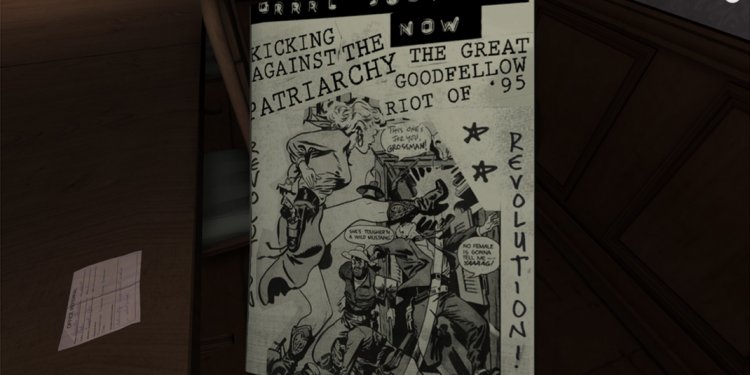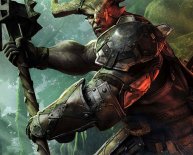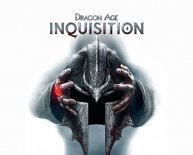
Dragon Age Inquisition initial release date
 Game endings are notorious for being lower than great, usually venturing into downright bad or unsatisfactory. Use the aforementioned Mass Effect–even if you remove three games’ worth of objectives and thousands of hours invested in satisfaction, the endings the 3rd online game were acceptable at best, and decidedly worse for many. Whenever you dig in a bit, you begin to see why. About nine away from ten people will not see a game’s ending, giving designers little incentive to focus their particular attempts indeed there. Instead, most games put their attention toward hooking players from the beginning, causing an imbalanced story that wows you in advance and gradually peters off while you continue through, hence endings that feel rushed, bland, or out-of-place.
Game endings are notorious for being lower than great, usually venturing into downright bad or unsatisfactory. Use the aforementioned Mass Effect–even if you remove three games’ worth of objectives and thousands of hours invested in satisfaction, the endings the 3rd online game were acceptable at best, and decidedly worse for many. Whenever you dig in a bit, you begin to see why. About nine away from ten people will not see a game’s ending, giving designers little incentive to focus their particular attempts indeed there. Instead, most games put their attention toward hooking players from the beginning, causing an imbalanced story that wows you in advance and gradually peters off while you continue through, hence endings that feel rushed, bland, or out-of-place.
You can find a big activity series or a good manager battle, but it's likely that those is less interesting than a few of the activities that have come before–take Dragon Age: Inquisition‘s final fight, like. We spent hours upon hours grinding and getting ready to fight a literal aspiring god, acquired a dragon to aid myself inside fight, and, upon satisfying this monster, I found him very nearly laughable in difficulty. I became ready for an epic battle, having leveled my personality to about 25 doing side quests. As an alternative, i discovered Corypheus to-be really easy that, having any fun after all, I experienced to within the difficulty–this turned him into a damage sponge, that is an element worthy of a rant itself, but at the very least provided me with slightly challenge as I fought alongside my hard-won teammates. Yes, I was powerful, but apart from some pretty thrilling visuals, eventually the closing believed like a deflation.
Which brings me personally straight back around to Firewatch and Gone Residence. Both endings have already been accused of land deflation exactly simply because they don’t follow the big-hero design. In Gone Home, your examination appears an empty loft and a happy ending as opposed to the tropey, terrible committing suicide any other little bit of media features led you to anticipate. And in Firewatch, the conspiracy you’ve been investigating turns out to have already been mainly of your own generating, an effort locate someone to be culpable for all your issues with only a nugget of truth buried inside it.
The essential difference between games such as this and several AAA games usually you’re maybe not the hero–you’re the key character, but you’re perhaps not the savior. We anticipate games to offer united states an exciting power fantasy, to let us encounter a tale like we have all the answers, the skills, the capacity to save yourself the world. In Gone Home, the world saved it self while we weren’t looking. In Firewatch, every lie you’ve struggled to create comes down in an accident of mediocrity. You're wrong. Delilah ended up being incorrect. It’s time to fully stop running and handle it.
These endings are not able to satisfy many people not because they’re bad endings–they’re two of my favorites–but simply because they don’t feel like online game endings. They feel the termination of a novel or short-story or movie; somebody else’s tale, not ours. Hence’s precisely how these games work. You could embody Henry or Katie for some time, however these stories were never truly yours in the manner that Mass Effects if not Uncharteds tend to be.
We anticipate games to prioritize and serve us. We’re the player, the consumer, the client, the hands behind the operator. But these games take action special, a thing that might-be distasteful in eyes of some people. It’s that challenge to expectations that produces all of them interesting–even if you don’t like that Firewatch concludes with Henry realizing there's no grand conspiracy, no program, no bad figure to pin his woes on, no epic battle with dragons and weapons and swords and whatever else a casino game frequently tosses at you, it's even more unforgettable as a result of exactly what it is missing.

















